As a commercial property owner or manager in Adelaide, one of your key responsibilities is commercial plumbing maintenance to keep your business running smoothly. While it’s easy to overlook certain aspects, one crucial component that should never be neglected is the plumbing system. Neglecting this essential infrastructure can result in costly repairs and disruptive operational issues that significantly impact your business’s bottom line.
A well-maintained commercial plumbing system is not just important; it is essential for the efficient functioning of your business. Regular maintenance and timely repairs can help prevent costly plumbing emergencies and minimise downtime, allowing your business to operate smoothly and uninterrupted. By investing in regular commercial plumbing maintenance in Adelaide and addressing plumbing issues promptly, you can avoid potential problems such as leaks, clogs, or water damage that may disrupt your business operations.
Benefits of Regular Plumbing Maintenance for Adelaide Businesses
Regular plumbing maintenance offers significant benefits for Adelaide businesses, ensuring smooth operations and mitigating potential disruptions. Investing in proactive maintenance not only enhances the longevity of plumbing systems but also yields substantial cost savings in the long run.
By addressing issues before they escalate, businesses can avoid expensive repairs and downtime, maintaining operational efficiency. Moreover, preventive measures such as inspections and routine servicing help identify and rectify potential problems early, minimising the risk of major breakdowns and preserving the integrity of the plumbing infrastructure.
With regular maintenance, Adelaide businesses can uphold a functional and reliable plumbing system, promoting uninterrupted operations and sustainable growth.
Regular plumbing maintenance offers a multitude of advantages:
Maintains Water Quality and Safety
Consistent plumbing upkeep sustains the purity and safety of the water supply, ensuring it remains suitable for consumption and everyday use.
Saves Money in the Long Run
Regular maintenance proves to be a prudent investment, shielding homeowners from hefty expenses by averting the need for costly repairs or replacements in the future.
Prevents Escalation of Minor Issues
Swift attention to minor plumbing concerns prevents them from snowballing into larger, more problematic issues, saving both time and money in the process.
Ensures Efficient System Operation
Timely intervention and upkeep efforts keep plumbing systems operating at peak efficiency, maximising their performance and longevity.
Reduces Risk of Emergency Situations
By addressing potential problems before they escalate, routine maintenance significantly lowers the chances of sudden emergencies or system failures.
Promotes Water Conservation
Through the repair of leaks and optimization of system efficiency, regular maintenance actively contributes to the preservation of water resources, benefiting both households and the environment.
Scheduled Inspections: A Foundation for Plumbing Health
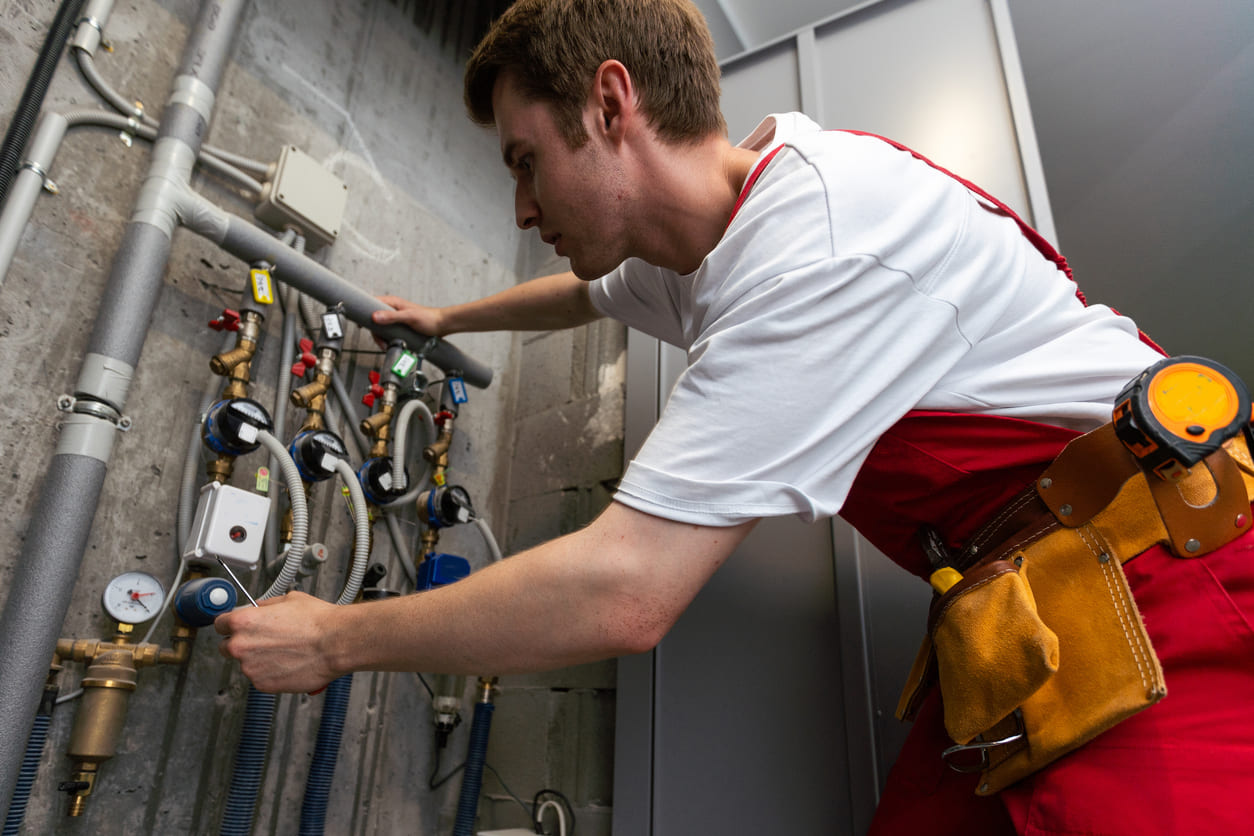
In a plumbing inspection, each aspect of your plumbing system undergoes a thorough examination to identify any potential issues at an early stage. These inspections are crucial for maintaining optimal water flow and pressure, as well as for enhancing water and indoor air quality while extending the lifespan of your plumbing fixtures.
Regular plumbing assessments also reduce the likelihood of plumbing emergencies, contributing to decreased water bills by improving system efficiency and preventing costly repairs through consistent upkeep. Failing to prioritise these inspections raises the risks of water damage, compromised indoor air quality, and unexpected expenses from emergency repairs.
Benefits of Routine Plumbing Inspections:
- Regular plumbing inspections ensure optimal water flow and pressure, guaranteeing an adequate water supply for daily activities such as bathing, washing dishes, and doing laundry.
- Enhancing water and indoor air quality, and plumbing inspections prevent moisture buildup and mold growth, promoting a healthier living environment and reducing the risk of respiratory issues.
- Extending the lifespan of plumbing fixtures by identifying minor issues and preventing premature wear and tear.
- Minimising the risk of unexpected plumbing emergencies by identifying potential issues before they escalate.
- Lowering water bills and enhancing system efficiency through fixing leaks and optimising water pressure.
Detecting and Addressing Plumbing Issues Early On
Early detection in plumbing maintenance prevents costly damages like water leaks and mold growth. Regular inspections by qualified plumbers and advanced technologies aid in identifying issues before they escalate. Timely intervention minimises repair costs and ensures efficient functioning of plumbing systems.
Addressing plumbing issues promptly conserves water resources and promotes sustainability. By fixing leaks and maintaining plumbing systems, individuals reduce water wastage and environmental impact. Proactive maintenance prolongs the system's lifespan, minimising the need for replacements and supporting sustainable practices.
10 signs of plumbing problems you shouldn't ignore:
- A constantly running toilet indicates a potential issue with the flush valve or flapper, which can waste a significant amount of water over time.
- Drainage problems may suggest blockages in the pipes or sewer line, leading to slow draining or backups in sinks, tubs, or showers.
- Poor water pressure could be a sign of mineral buildup in pipes, leaks, or issues with the water supply line.
- Dripping faucets not only wastes water but can also indicate worn-out seals or valves that need replacement.
- Dripping pipes can lead to water damage and mold growth if left unattended, highlighting the need for prompt repairs.
- A gurgling toilet may indicate a clog in the drain line, vent stack issues, or problems with the sewer system.
- A screeching noise could signal high water pressure, loose or worn-out washers, or issues with the plumbing fixtures.
- Rattling pipes may indicate loose or improperly secured pipes, which could lead to leaks or burst pipes if not addressed.
- Brown spots on the ceiling are often caused by water leaks from pipes or fixtures above, requiring immediate investigation to prevent further damage.
- Unexpectedly high water bills could indicate hidden leaks, running toilets, or inefficient fixtures, prompting the need for a thorough inspection by a plumber.
Preserving Water Quality through Regular Plumbing Checks
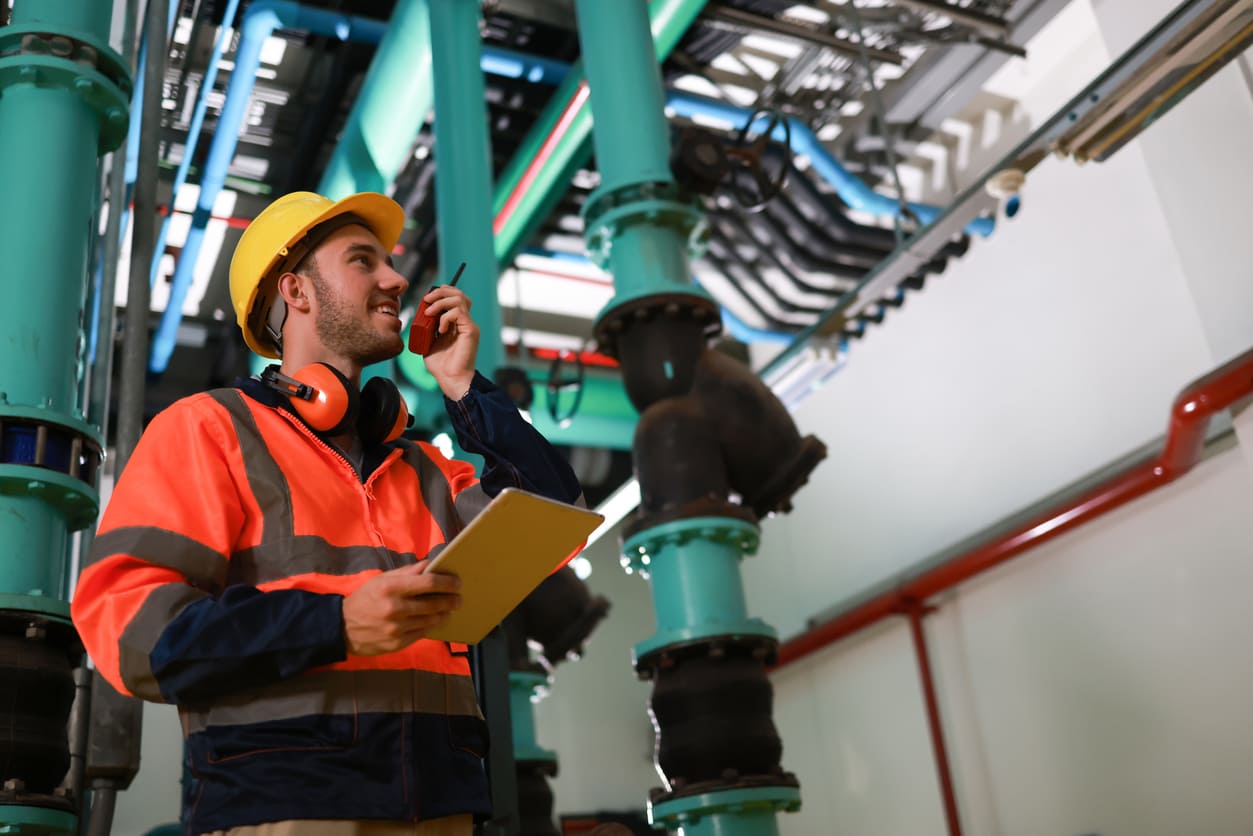
Preserving water quality is vital for a healthy home. Regular plumbing checks help identify issues like leaks and corrosion that could affect water quality. By maintaining pipes properly, contaminants are kept out of the water supply, ensuring the health and safety of everyone in the household.
Addressing potential contamination and waterborne risks is crucial. Regularly checking for mould, rust, and mineral buildup can prevent these issues from impacting water quality. Using water filters, testing water quality, and maintaining proper sanitation practices can further minimise risks, ensuring safe and clean water for all.
The Role of Professional Plumbing Services in Water Quality
- Expert Assessment of Water Quality - Although we can take various steps at home, professional expertise is irreplaceable. Companies such as King Heating, Cooling & Plumbing provide thorough water quality assessments, utilising specialised tools and knowledge to identify even the smallest contaminants.
- Proper Installation and Repairs - A properly installed plumbing system reduces the likelihood of leaks and contaminations. Likewise, when problems occur, professional repairs guarantee that the issue is effectively resolved, not merely temporarily fixed.
Adelaide Building Codes and Plumbing Maintenance Compliance
Adelaide building codes and plumbing maintenance compliance are essential for ensuring structural integrity and safety. Local building codes dictate the standards for installation, repair, and maintenance of plumbing systems.
These regulations help prevent issues such as leaks, water contamination, and structural damage, promoting the overall wellbeing of residents and properties.
Ensuring adherence to standards for safety and compliance involves regular inspections and timely repairs. Plumbers and property owners must stay updated with the latest regulations to avoid penalties and ensure systems operate efficiently.
Proper compliance not only protects public health but also enhances the longevity of buildings, reducing long-term maintenance costs.
Plumbing Code of Australia
The Plumbing Code of Australia (PCA) is Volume Three of the National Construction Code (NCC), a scheme by the Council of Australian Governments. Volumes One and Two cover the Building Code of Australia (BCA).
The PCA details the requirements for design, installation, maintenance, and other areas concerning:
- Heating
- Water services
- Stormwater systems
- Air-conditioning
- Management of wastewater systems
- Plumbing and drainage
Its primary aim is to ensure consistent standards of health, safety, sustainability, and amenity nationwide. Anyone can propose changes to the PCA, but approval requires a Regulation Impact Analysis.
Efficiency Upgrades: Maximising Plumbing Performance
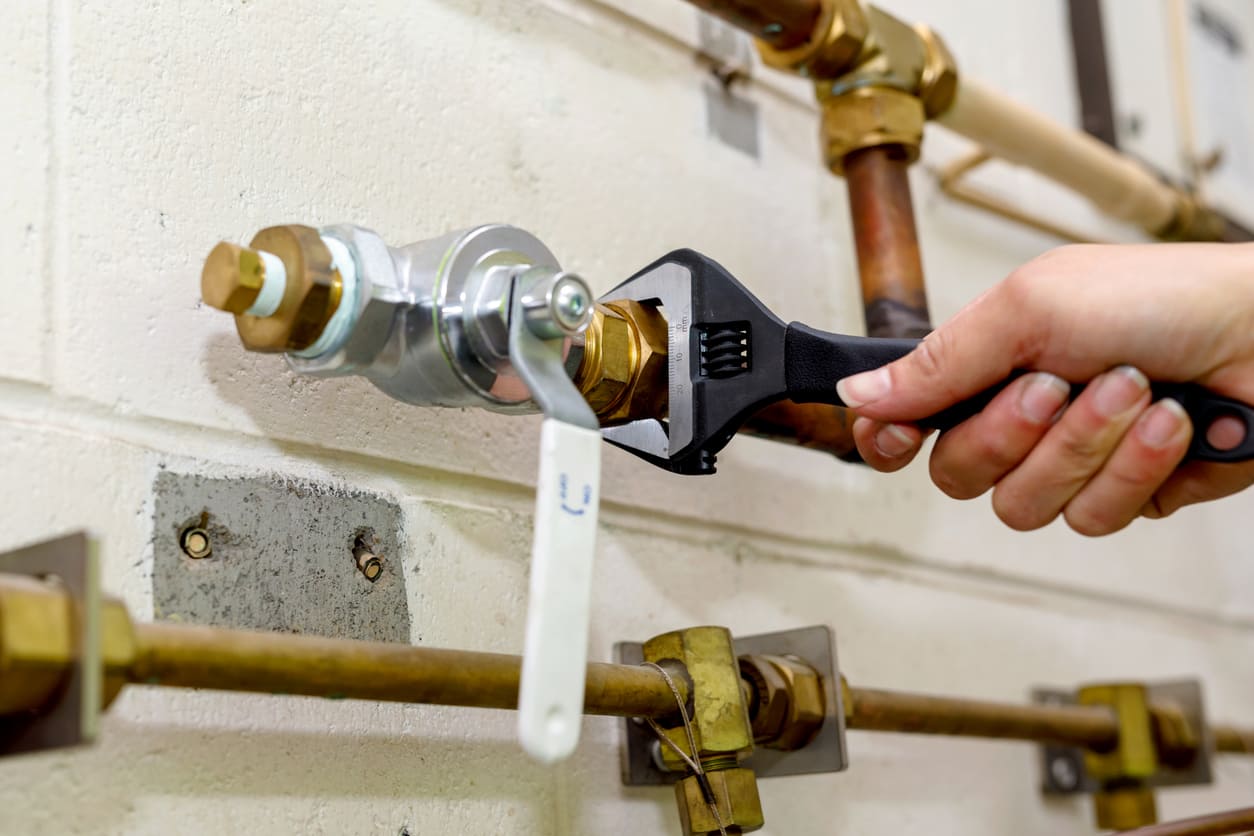
Upgrading plumbing systems can significantly improve efficiency and performance. Focus on replacing old pipes with modern, durable materials like PEX or copper. Additionally, integrating smart technologies, such as leak detection systems and water-efficient fixtures, can reduce waste and prevent costly damage, ultimately maximising plumbing performance in residential and commercial properties.
Selecting energy-efficient fixtures and appliances is crucial for sustainable plumbing upgrades. Opt for low-flow showerheads, faucets, and toilets to reduce water consumption without sacrificing performance.
Energy-efficient water heaters, such as tankless models, provide hot water on demand and save energy. These upgrades contribute to lower utility bills and environmental conservation.
9 Easy Ways to Improve Your Plumbing System:
- Insulate Your Pipes
- Replace Outdated Pipes
- Maintain Your Drains
- Install Modern Faucets
- Enhance Water Heater Efficiency
- Add an Extra Bathroom
- Set Up a Rainwater Tank
- Install Outdoor Taps
- Create a Laundry Room
Preventive Measures Against Plumbing Emergencies
Implementing preventive measures against plumbing emergencies is crucial. Regularly inspect pipes for leaks and corrosion, and insulate them to prevent freezing.
Install water softeners to reduce mineral buildup and use strainers to catch debris in drains. These simple steps can significantly reduce the likelihood of unexpected plumbing issues.
The role of regular maintenance in emergency preparedness cannot be overstated. Schedule annual inspections with a professional plumber to identify potential problems early.
Regularly clean and maintain drains, gutters, and downspouts to ensure proper water flow. Consistent upkeep helps detect and address minor issues before they escalate into costly emergencies.
Strategies for Avoiding Plumbing Emergencies
Upgrade to stainless steel reinforced washing machine hoses
To mitigate the risk of hose bursts and potential flooding, consider switching to stainless steel hoses.
Avoid pouring fats, oils, or grease down the sink
Prevent blockages by disposing of these substances in the trash once they solidify.
Familiarise yourself with the location of your water shut-off valve
In the event of a burst pipe, knowing the whereabouts of your water shut-off valve can significantly reduce damage.
Refrain from using flushable wipes
Prevent potential clogs by discarding wipes in the trash rather than flushing them down the toilet.
Regularly drain your water heater tank to remove sediment accumulation
Maintaining your water heater by flushing it annually helps prevent overheating and tank damage.
Avoid hanging objects from exposed pipes
Prevent potential pipe stress and failures by refraining from hanging items on exposed pipes.
Exercise caution with your garbage disposal
Keep your pipes clear by only disposing of appropriate items in the garbage disposal.
Steer clear of drop-in toilet bowl cleaners
Protect your toilet from corrosion by avoiding the use of drop-in cleaners.
Avoid using harsh chemicals to clean drains
Preserve the integrity of your pipes by refraining from using corrosive drain cleaners.
Collaboration with Professional Plumbers for Maintenance
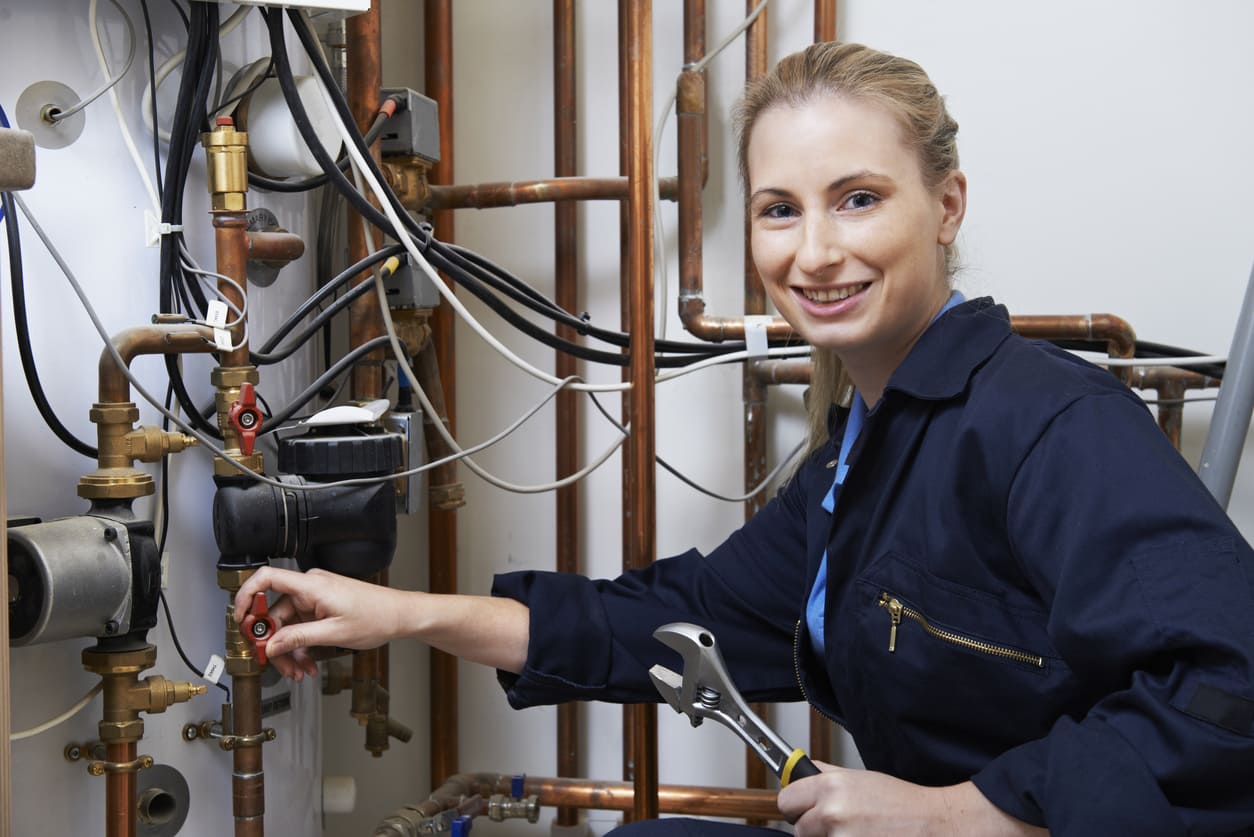
Engaging professional plumbers for regular maintenance is crucial, as their experience guarantees meticulous assessments and prompt fixes, preventing any looming catastrophes.
By entrusting maintenance to skilled plumbers, businesses mitigate risks and prolong the lifespan of their plumbing systems. Swift response to issues safeguards against costly damages, fostering smooth operations and customer satisfaction.
Professional plumbers' expertise ensures comprehensive maintenance. Their adeptness in identifying underlying issues prevents future breakdowns. Through meticulous inspections and proactive measures, they uphold plumbing integrity.
Collaborating with professionals guarantees efficient solutions, minimising downtime and financial losses. In essence, their proficiency fosters a conducive environment, enhancing productivity and longevity of plumbing systems.
Next time you require plumbing services, here are some compelling reasons to opt for professional assistance:
- Long-Lasting Solutions and Quality Work: Professionals deliver lasting solutions and high-quality workmanship.
- Extensive Knowledge and Skills: Professional plumbers possess extensive knowledge and skills, ensuring efficient problem-solving.
- Guarantees and Warranties for Work: Professionals offer guarantees and warranties for their work, providing peace of mind.
- Tools and Equipment: Professionals come equipped with the necessary tools and equipment to tackle any plumbing issue effectively.
Documentation and Record-Keeping for Plumbing Maintenance
Effective plumbing maintenance relies heavily on meticulous documentation and record-keeping. By maintaining detailed records of maintenance activities, plumbers can track repairs, replacements, and inspections systematically. This practice ensures a comprehensive overview of the plumbing system's condition, aiding in early detection of potential issues and facilitating timely interventions.
Moreover, documentation serves as a valuable resource for future reference, enabling plumbers to identify recurring problems and implement preventive measures. Furthermore, comprehensive records play a pivotal role during audits, demonstrating compliance with regulations and industry standards.
Therefore, prioritising documentation enhances efficiency, minimises downtime, and fosters a proactive approach to plumbing maintenance.
Effective routine plumbing maintenance involves several key steps, each vital for the smooth operation of your plumbing system.
- Tools and Equipment Required for Plumbing Maintenance: Ensure you have the necessary tools and equipment like wrenches, plungers, and drain snakes on hand before starting any maintenance tasks.
- Checking and Maintaining Water Supply: Regularly inspect pipes, faucets, and valves for leaks or damage, and repair or replace any faulty components promptly.
- Inspecting and Cleaning Drainage Systems: Clear debris from drains, remove clogs, and use drain cleaners or natural remedies to prevent buildup and maintain smooth drainage.
- Maintaining and Servicing Plumbing Fixtures: Check toilets, sinks, showers, and other fixtures for leaks, cracks, or malfunctions, and repair or replace parts as needed.
- Preventing and Addressing Common Plumbing Issues: Educate yourself on common plumbing problems like leaks, low water pressure, and pipe corrosion, and take proactive steps to prevent them.
- Safety Measures and Tips for Plumbing Maintenance: Prioritise safety by wearing protective gear, turning off water sources before working on plumbing systems, and being cautious around electrical components.
- Scheduling and Tracking Routine Plumbing Maintenance: Create a schedule for routine maintenance tasks like inspections and cleaning, and keep track of completed tasks to ensure nothing is overlooked.
Regularly scheduling and tracking plumbing maintenance helps maintain the efficiency and longevity of your plumbing system while minimising the risk of unexpected issues.
Training and Education for Staff Involvement in Maintenance
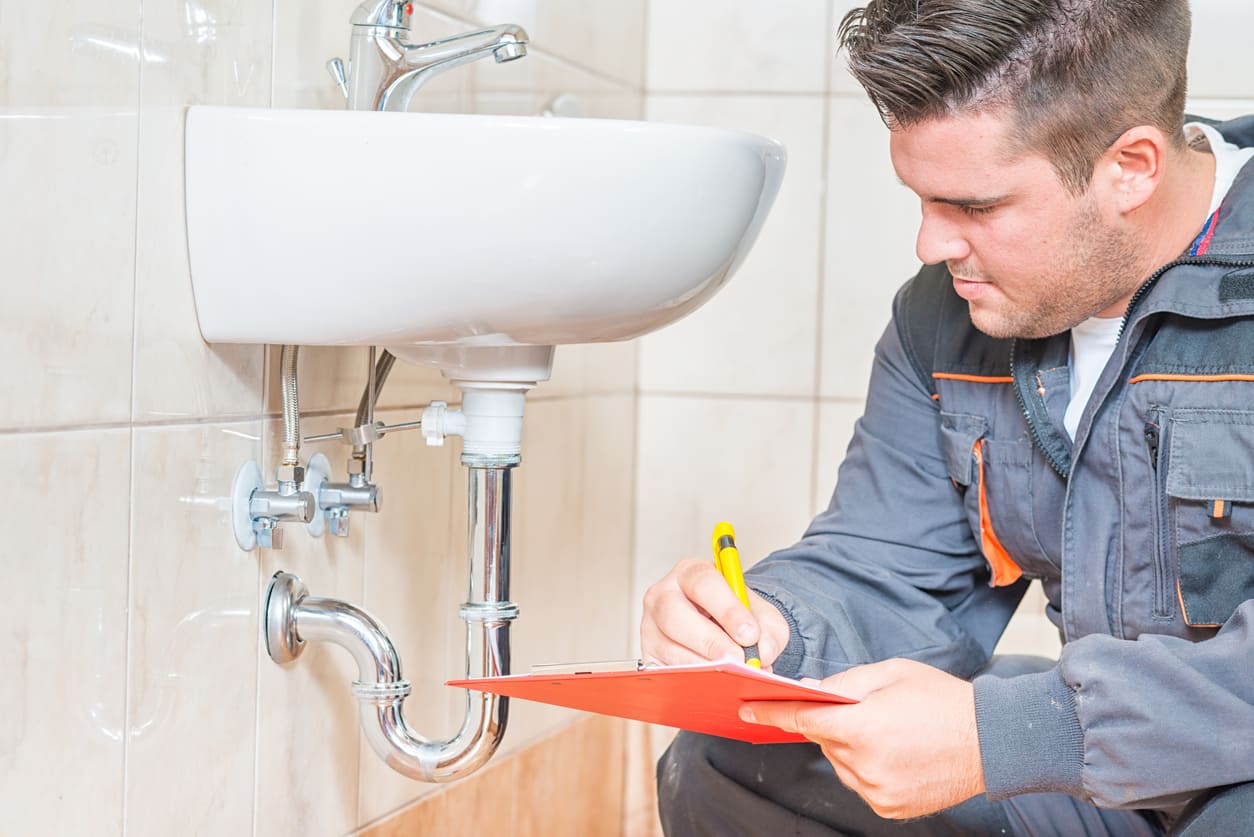
Staff involvement in maintenance is pivotal for the seamless operation of plumbing systems. Training and education play a crucial role in ensuring staff members are equipped with the necessary skills and knowledge to tackle maintenance tasks effectively.
By fostering a culture of awareness and cooperation in the workplace, organisations can enhance the overall efficiency of maintenance processes. Through targeted training programs, employees gain insights into plumbing systems, learn preventive measures, and understand the importance of timely interventions.
This not only minimises downtime but also reduces the likelihood of costly repairs. Hence, investing in staff training is essential for maintaining plumbing infrastructure and promoting workplace productivity.
Key training strategies for effective commercial plumbing maintenance in Adelaide:
- Comprehensive training programs: Implement structured training sessions to educate staff about the importance of regular plumbing maintenance in commercial settings.
- Practical skill development: Offer hands-on training sessions to equip staff with the necessary skills to identify plumbing issues and perform basic maintenance tasks.
- Understanding preventive measures: Educate staff on proactive measures to prevent plumbing problems, such as regular inspections and timely repairs.
- Familiarity with equipment: Ensure staff are familiar with plumbing equipment and tools used for maintenance tasks, promoting efficiency and safety in the workplace.
- Promoting a culture of responsibility: Encourage staff to take ownership of maintaining plumbing systems by fostering a culture of accountability and cooperation.
- Regular communication: Establish open channels of communication to facilitate the reporting of plumbing issues and encourage collaboration between staff and maintenance teams.
- Recognition and rewards: Acknowledge and reward staff who actively contribute to maintaining plumbing systems, fostering a sense of pride and motivation in their role.
- Ongoing support and resources: Provide continuous support and access to resources, such as training materials and expert advice, to empower staff in their maintenance efforts.
Building a Resilient Plumbing System Through Maintenance
Commercial plumbing maintenance in Adelaide is paramount for businesses to ensure the longevity and resilience of their plumbing systems. By conducting routine inspections and addressing issues early on, such as leaks or blockages, companies can prevent costly repairs and maintain smooth operations.
Additionally, consistent maintenance not only improves efficiency and lowers water bills but also promotes a safe environment for employees and customers. Incorporating preventive measures, such as installing water-saving fixtures, further enhances resilience and contributes to sustainable water usage.
Prioritising proactive maintenance in Adelaide is essential for businesses to safeguard their plumbing infrastructure, save costs, and ensure operational continuity.
